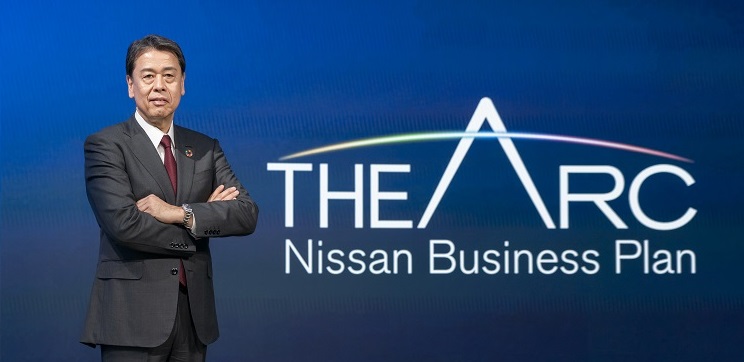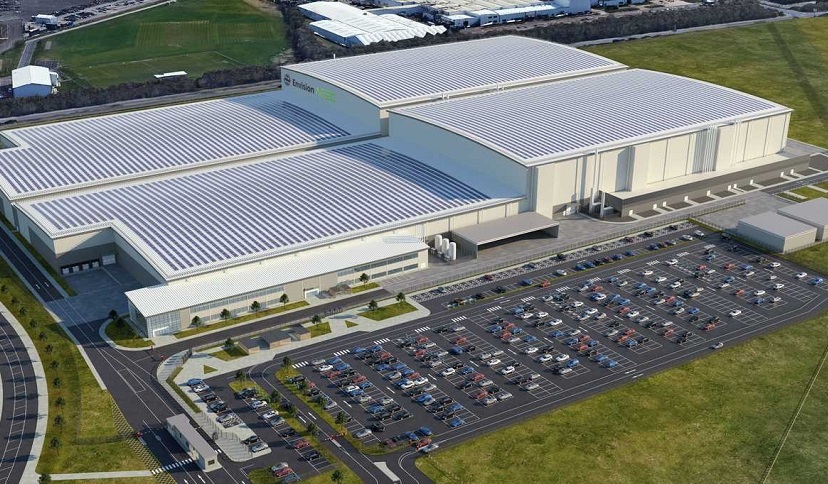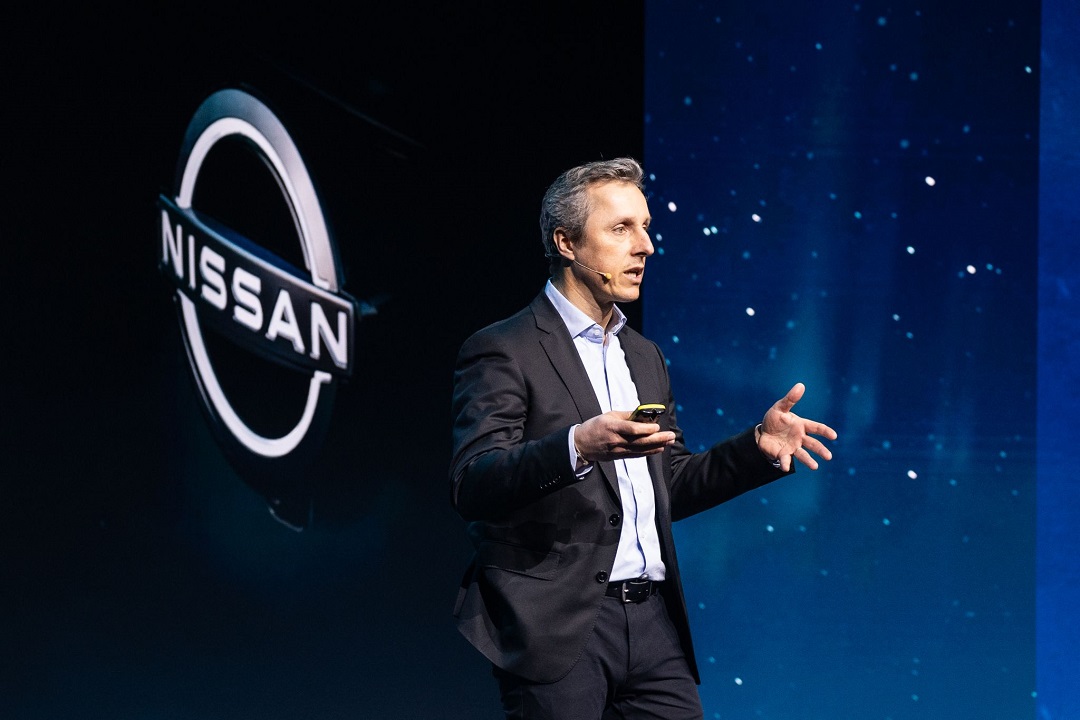At the Nordic EV Summit, considered Europe’s most important conference and meeting on electric mobility, Guillaume Pelletreau, Vice President of Electrification and Connected Services at Nissan AMIEO (Europe, Africa, Middle-East, India, Oceania), discusses how they are working to improve the battery life of electric vehicles (EVs).

It’s worth remembering that Nissan previously announced its intention to launch a zero-emission car with all solid-state batteries (ASSBs) internally developed by 2028.
“This new technology, which we have invested heavily in over the past few years and have high expectations for, will double battery density, meaning a halving of the space required for the same capacity“, explains Pelletreau.
He continues: “It will also halve charging time, essentially divided by three, which is a massive change.”
The Japanese manufacturer hopes that ASSBs will be a revolutionary technology capable of accelerating the popularity of EVs.
Additionally, they aim to have a prototype of such a car on the road by 2026, becoming a mass-market solution by 2028.
In addition to this ambitious goal, they have set the target of producing a 100 per cent electrified product line in Europe by 2030, with an interim goal of reaching 75 per cent by 2026.
It’s true that competition in the electromobility industry has intensified over time.
Regarding this, the Nissan Vice President states: “The new competition is challenging us greatly, which is good because it’s forcing us to accelerate the transition towards this electric future.”
However, Pelletreau notes instability in demand as “from the customer’s point of view, they are sometimes lost and don’t know exactly how to make their choice due to policy changes or economic circumstances.”
Business Plan ARC: A Bridge to Nissan’s 2030 Ambition
In order to meet its goals, Nissan established an extended plan called “ARC” in 2020, ensuring proper preparation for an accelerated transition to electric vehicles.
The program is divided into mid-term imperatives for the period from 2024 to 2026, and mid-term actions that will be carried out until 2030.

The first stage involves securing volume growth through a tailored strategy, supported by a balanced portfolio of electrified products, growth in key markets, and financial discipline.
Through these initiatives, Nissan aims to increase annual sales by one million units and increase its operating profit margin to over six per cent, both by the end of 2026.
In the second part, the focus will be on achieving long-term profitable growth through smart partnerships, increased competitiveness of electric vehicles, differentiated innovations, and new sources of income.
For this to work, they need key enablers, essential to drive and sustain this plan.
One of them is that Nissan has reportedly met with key suppliers in the supply chain who have approached the brand.
Furthermore, during its presentation at the Nordic EV Summit, Pelletreau mentions another substantial factor at the core of this project: the EV36Zero microgrid center in Sunderland.

It would consist of three new fully electric car models, three gigafactories, and an investment of up to three billion pounds.
Both car and battery manufacturing will be powered by the microgrid, which would incorporate Nissan’s wind and solar parks and have the capacity to supply 100 per cent renewable electricity to the company and its neighboring suppliers.
The three new sustainable prototypes are the Nissan Qashqai, the best-selling car in the UK in 2022, the JUKE, which has sold over a million units, and the LEAF, the world’s first mass-market electric car, of which over a quarter of a million have been built in Sunderland.
Finally, Pelletreau states: “Our ambition is to bring grid technology to everyone and make it accessible, based on a bidirectional AC charging solution.”
“This should be considered valuable with this brand in upcoming releases,” he adds.







